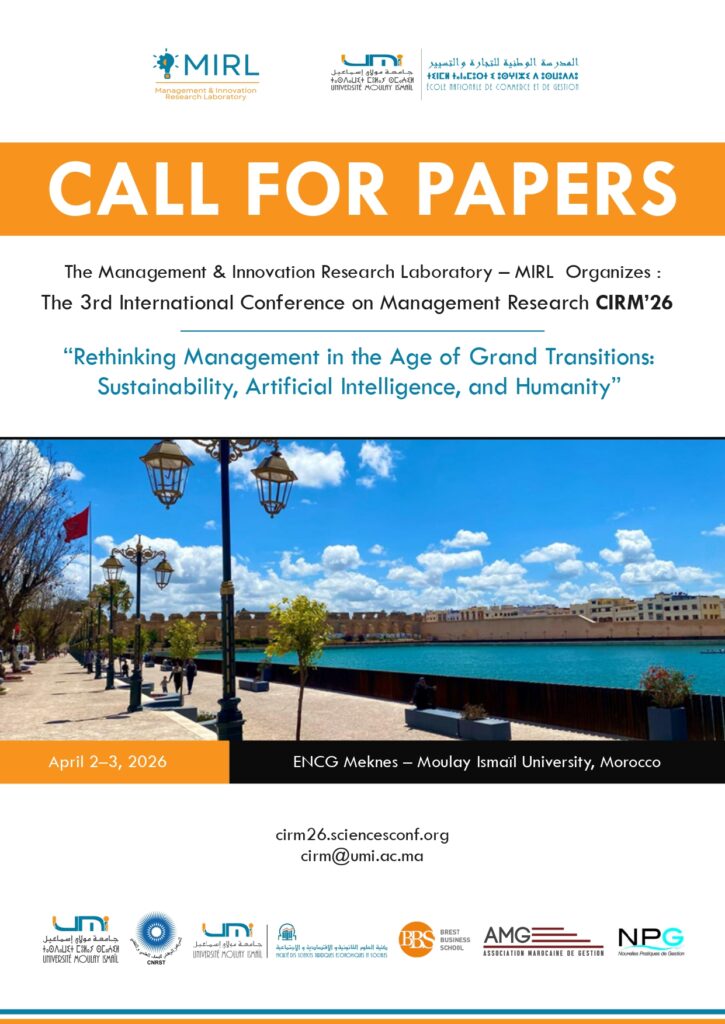In an era increasingly defined by interlocking global disruptions, climate volatility, exponential technological advancement, and profound socio-political realignments (El Oubani, 2024), the discipline of management is summoned to a radical reimagining of its epistemic boundaries, methodological apparatus, and normative orientations. Sustainability, long relegated to the periphery of strategic deliberations, now commands centrality, reshaping the very telos of organisational purpose (Eccles, Klimenko, & Holt, 2022). Simultaneously, the ascendancy of artificial intelligence has not merely introduced new operational efficiencies but has recalibrated the locus of managerial judgment, unsettling conventional hierarchies of expertise and raising pressing ethical inquiries around opacity, bias, and accountability (Pasquale, 2015; Zejjari & Benhayoun, 2024; Zuboff, 2019).
This conjuncture is not episodic but systemic, its effects cascading across domains in mutually reinforcingfeedback loops. The climate emergency disrupts global value chains, thereby necessitating the integration of digital traceability and low-carbon logistics (Ikram & Nahdi, 2025). AI-driven analytics shape sustainability assessments, while shifting societal expectations demand renewed emphasis on justice, inclusivity, and legitimacy (George et al., 2016). These entangled forces reveal the insufficiency of siloed, technocratic paradigms of management and underscore the imperative for transdisciplinary, reflexive approaches attuned to planetary boundaries and the moral economy.
Crucially, management must now be theorised not merely as a technical practice but as a form of situated moral agency exercised within contested and evolving institutional terrains. The challenge is not only to develop new tools but to interrogate the foundational assumptions upon which those tools rest. Reconceptualising management in this turbulent context entails an ontological shift, from control to care, from optimisation to stewardship demanding scholarly courage and institutional innovation commensurate with the scale of the crises at hand (Ferraro, Etzion, & Gehman, 2015).
The 3rd International Conference on Management Research (CIRM’26) invites scholars, practitioners, and policy thinkers to engage with a central question:
How must management be rethought to respond meaningfully to the intertwined challenges of environmental sustainability, algorithmic transformation, and human flourishing?
We call for high-quality theoretical, empirical, and interdisciplinary contributions that critically interrogate this triad and seek to advance novel frameworks, models, and interventions for managing in an age of uncertainty, disruption, and possibility.
Join us in Meknes to critically explore, construct, and co-create the next generation of management thinking, where technological innovation, environmental stewardship, and human dignity intersect.

